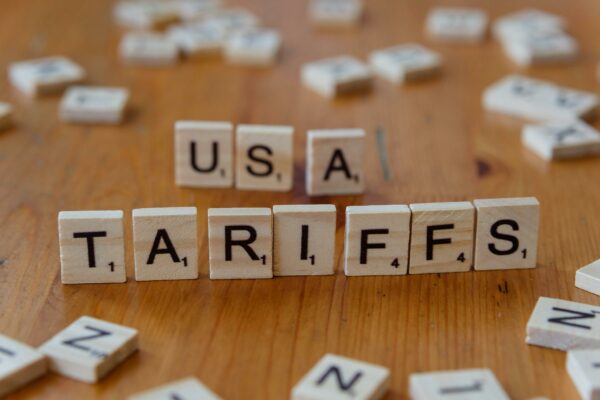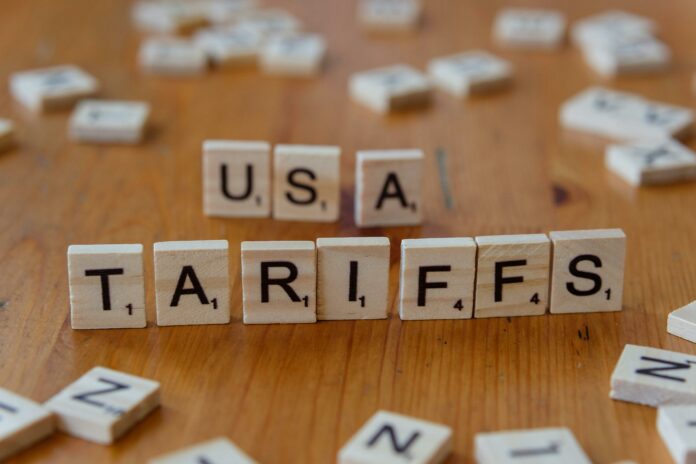WASHINGTON D.C. – In a move signaling a potential thaw in trade tensions and offering a lifeline to fast-fashion giants, the United States has slashed tariffs on low-value parcels arriving from China, directly impacting companies like Shein and Temu. The executive order, signed by President Donald Trump and effective May 14, 2025, reduces the “de minimis” tariff from a steep 120% down to 54% for items valued under $800. A flat fee option of $100 per parcel will remain in place.
This significant reduction follows a broader agreement between Washington and Beijing to ease duties on a range of goods for a 90-day period, a development that has been cautiously welcomed by global markets. While the specifics of the “de minimis” tariff cut were not explicitly mentioned in the joint statement released after trade talks in Geneva, the subsequent White House order underscores a tangible step towards de-escalation.
The “de minimis” rule previously allowed goods valued at under $800 entering the US via postal services to be exempt from duties and with minimal inspection. However, this loophole came under increasing scrutiny, with critics arguing it facilitated a flood of inexpensive Chinese goods that undercut American industries and potentially served as a conduit for illicit substances. In February 2025, the Trump administration moved to close this exemption for Chinese goods, imposing the now-revised 120% tariff or a flat fee, initially slated to rise to $200 by June.
The reversal offers a significant reprieve for e-commerce behemoths Shein and Temu, whose business models heavily rely on shipping vast quantities of low-cost goods directly to American consumers. These companies, which have experienced explosive growth in the US market, faced potentially crippling cost increases under the higher tariff regime.

Industry experts suggest that this tariff reduction will provide these online retailers with crucial “breathing room” to adapt their supply chains. It is anticipated that they may use this window to import larger shipments to their US warehouses, potentially mitigating the impact of the remaining tariffs. Shein, known for its rapid introduction of thousands of new styles weekly, may still opt for air freight for some packages and absorb the 54% tariff to maintain rapid delivery times, a key competitive advantage.
The implications of this policy shift extend beyond the balance sheets of Shein and Temu. American consumers, who have embraced the affordability and variety offered by these platforms, may see a stabilization or even a slight decrease in prices. Conversely, some domestic retailers may express concerns about the continued influx of cheaper foreign goods.
The White House stated that the reduced tariffs would take effect at 04:01 GMT on May 14, 2025, and the planned increase of the flat fee to $200 has been shelved. Logistics companies and freight forwarders are expected to collect the applicable tariff fees from sellers in China.
While this move represents a notable step in easing trade tensions between the world’s two largest economies, the long-term implications remain to be seen. The 90-day window for broader tariff reductions suggests that the current measures may be temporary, contingent on further progress in ongoing trade negotiations. However, for now, the decision to cut tariffs on small parcels offers a tangible benefit to Chinese e-commerce firms and their American customers, marking a significant development in the complex landscape of US-China trade.
